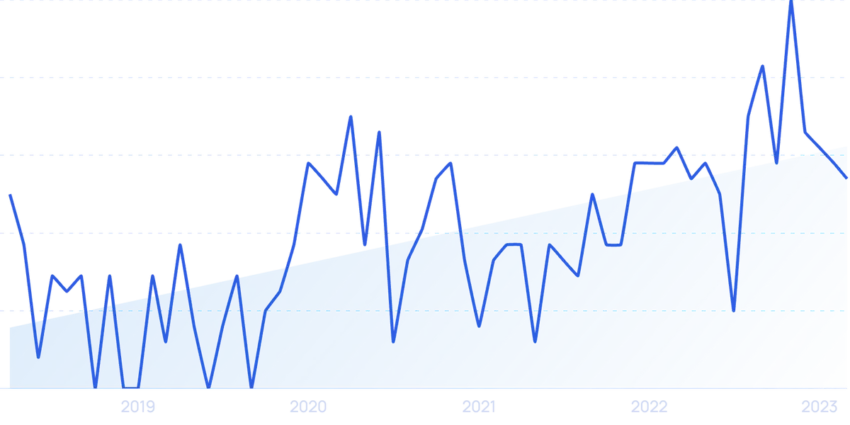TL;DR Summary of How to Find and Use Low-Competition Keywords for SEO Success
Optimixed’s Overview: Unlocking SEO Potential with Strategic Low-Competition Keyword Targeting
Understanding Low-Competition Keywords
Low-competition keywords are specific search phrases with fewer websites trying to rank for them, often featuring lower search volumes but higher conversion potential. They are perfect for small businesses or new websites that lack the resources to compete for broad, highly competitive terms. Examples include long-tail keywords, geo-specific terms, niche-focused phrases, question-based queries, and product-specific keywords.
Why Target Low-Competition Keywords?
- Ease of Ranking: Less competition means a higher chance to appear on the first page of search results.
- Targeted Traffic: These keywords attract users who are more likely to convert due to their specificity.
- Building Authority: Ranking for multiple niche keywords helps grow your website’s topical authority over time.
Effective Techniques to Find Low-Competition Keywords
Using Semrush, you can employ several strategies to discover valuable low-competition keywords:
- Keyword Magic Tool: Generate thousands of related keyword ideas, then filter by low keyword difficulty (KD %) and search intent to pinpoint easy-to-rank terms.
- Competitor Analysis: Use the Organic Research tool to uncover your competitors’ ranking keywords, focusing on those with low difficulty but high traffic potential.
- Keyword Gap Analysis: Identify keywords your competitors rank for that you don’t, highlighting untapped opportunities to target.
Maximizing the Impact of Low-Competition Keywords
- Factor in Search Intent: Align your content with the user’s purpose—whether informational, commercial, transactional, or navigational—to drive relevant traffic.
- Build Topical Authority: Regularly create content around niche keywords to establish your website as a trusted resource in your field.
- Use Keyword Clusters and Internal Linking: Develop groups of related content that interlink, signaling comprehensive coverage of a topic to search engines.
Balancing Low- and High-Competition Keywords
While low-competition keywords offer quick wins and targeted traffic, high-competition keywords remain valuable as long-term objectives. Incorporate competitive terms gradually within your content to build authority and improve your chances of ranking for broader, more popular searches over time.
